The U.S. Supreme Court informally signaled support for the Biden Administration over a Republican-state challenge to the Administration’s regulation of online speech. The legal dispute centers around the boundaries of federal authority in moderating contentious online discourse, specifically focusing on themes such as the COVID-19 pandemic and election interference. This case, known as Murthy v. Missouri, promises to set new benchmarks for free speech v. censorship in the uncharted digital era.
The Court’s Preliminary Stance
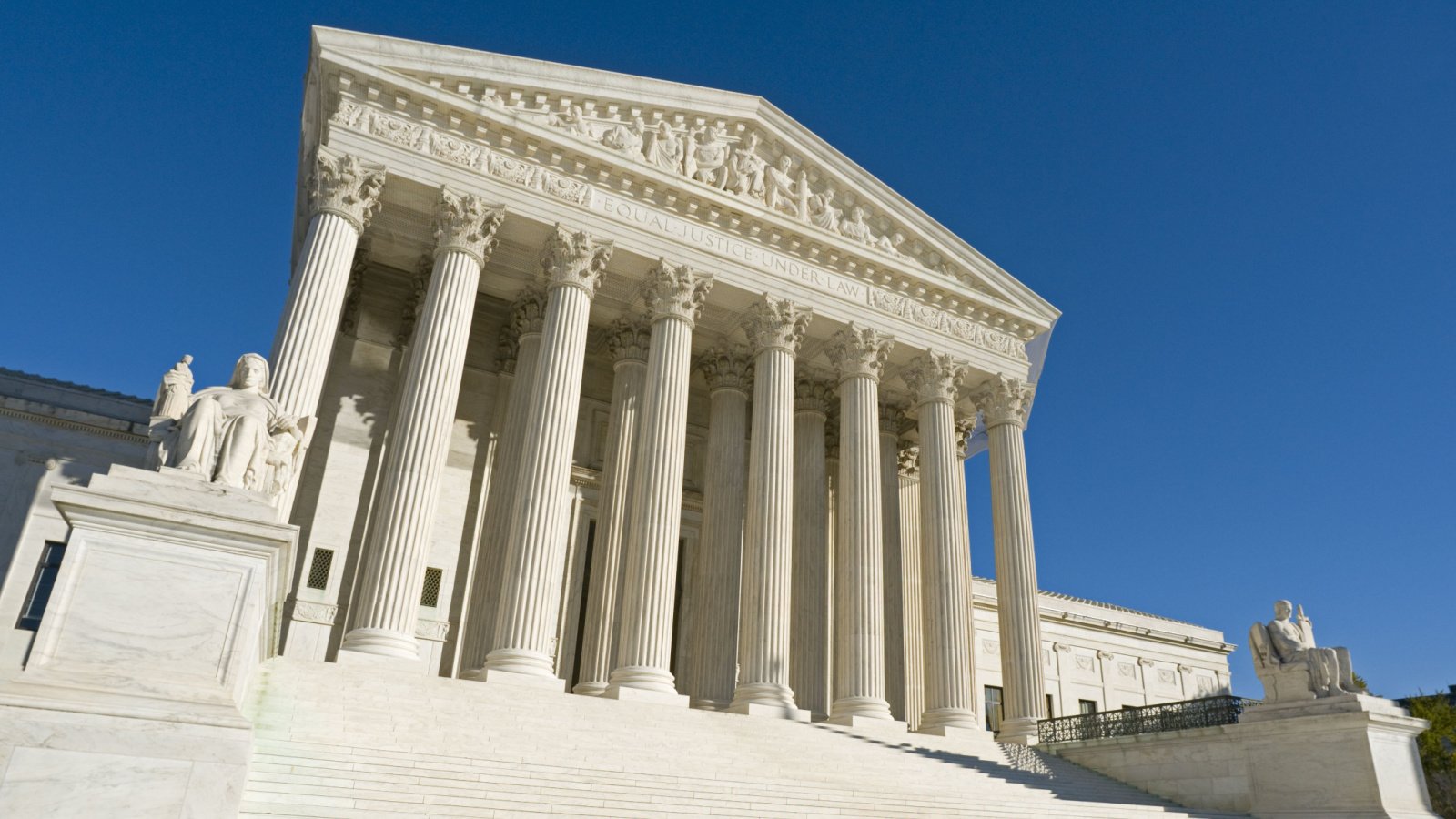
As the Court delved into nearly two hours of arguments, the justices seemed largely skeptical of the case presented by attorneys representing Louisiana, Missouri, and additional plaintiffs. These states have lodged complaints against the Democratic administration for allegedly using undue influence on social media companies to censor conservative viewpoints.
Judicial Concerns
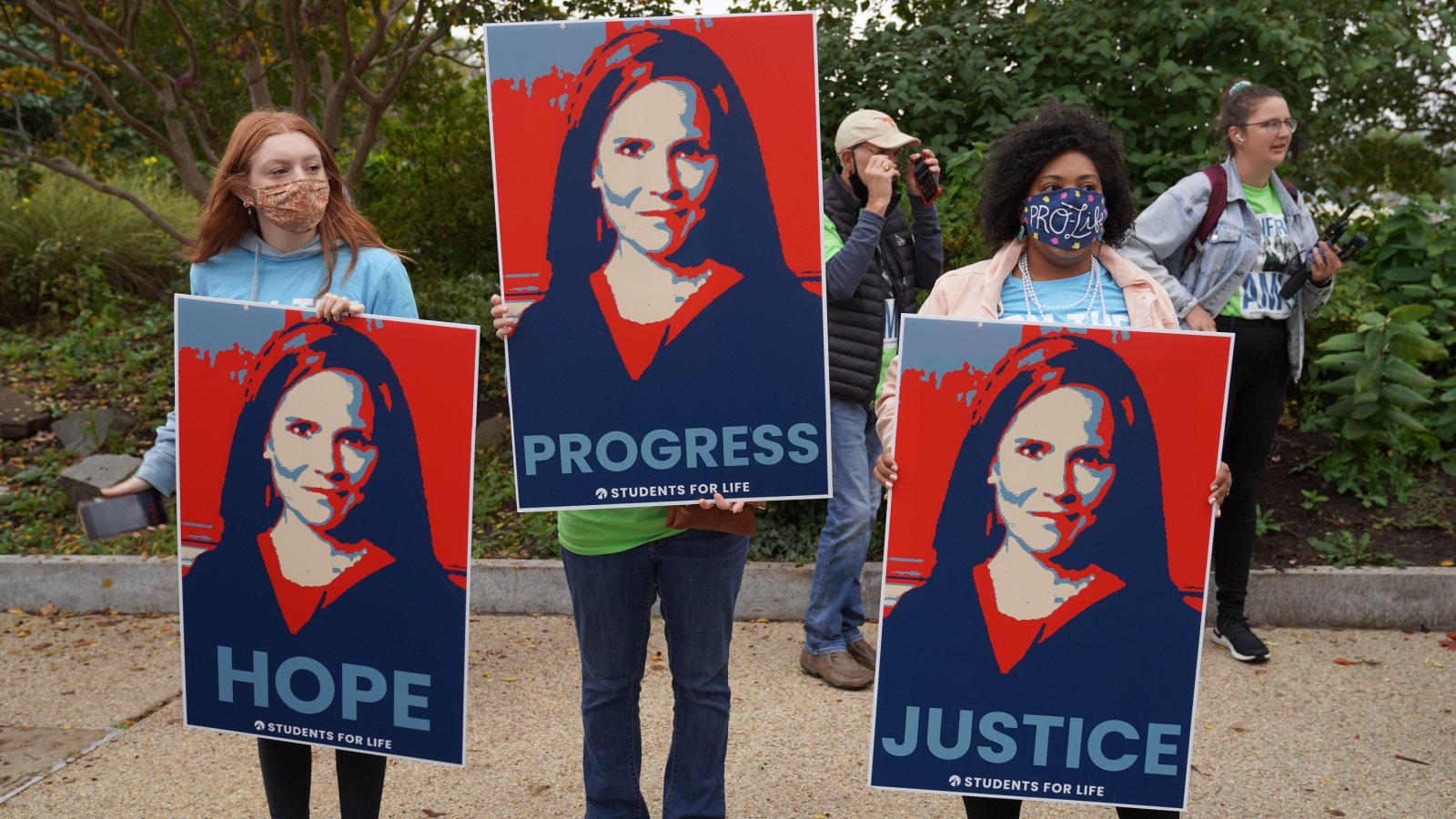
Several justices, including Justice Amy Coney Barrett, voiced apprehensions that ruling in favor of the states could unduly restrict ordinary interactions between government officials and social media entities. The justices pondered over the implications such a ruling might have on the ability of federal agencies, like the FBI, to request the removal of damaging content, such as personal information released without consent.
The Core of the Dispute

At the heart of this case is a debate over how far government officials can go in communicating with social media platforms without infringing on constitutional free speech rights. The arguments extended to whether these interactions amount to unconstitutional pressure to suppress certain viewpoints.
The States’ Argument

The states, through their legal representation, argued that the administration’s actions constituted a form of coercion, aiming to suppress the speech of millions of Americans. They contended that even calls that simply encourage action on content could violate speech rights.
The Government’s Defense
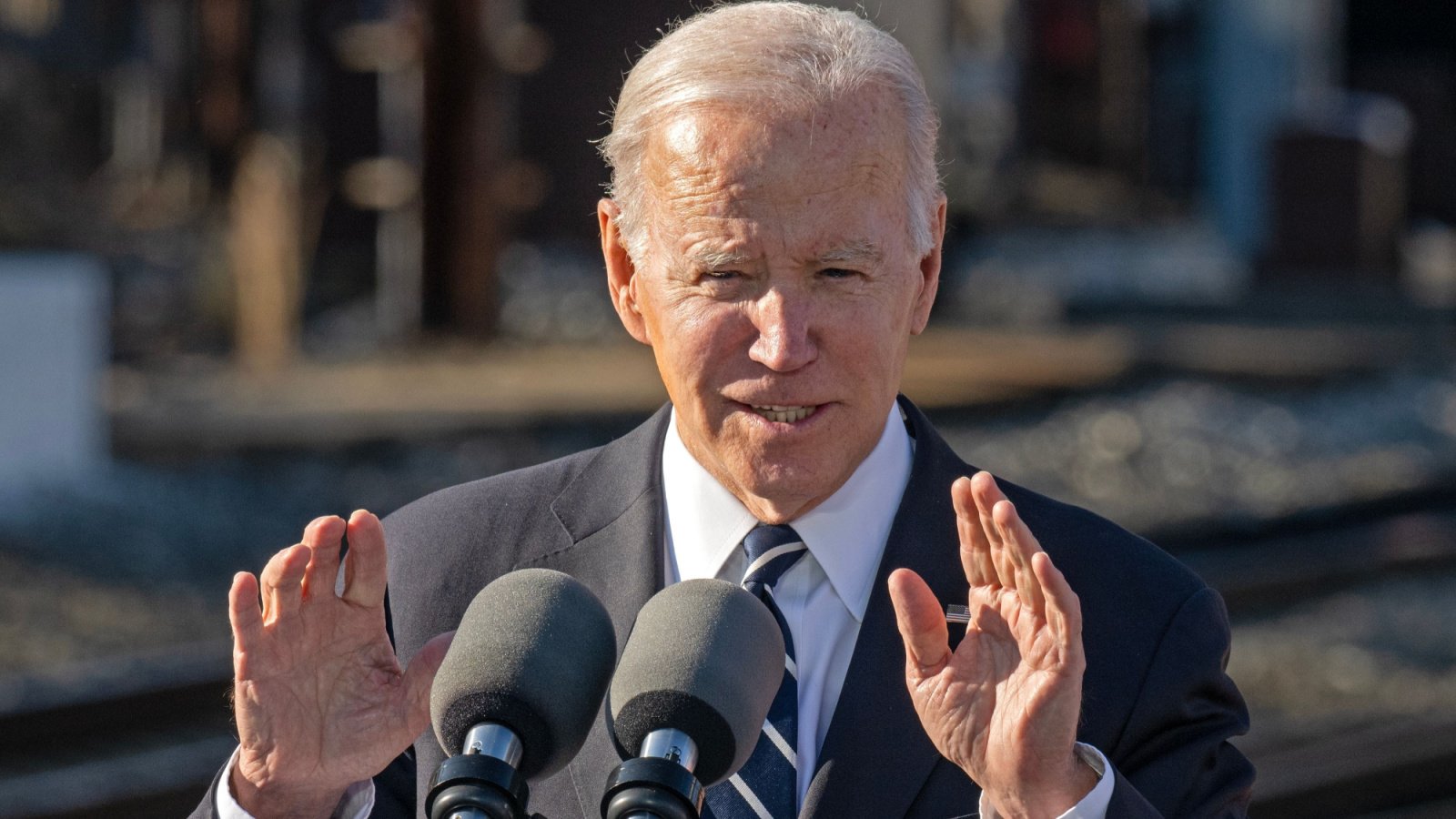
Representing the Biden administration, Justice Department lawyer Brian Fletcher argued that the states’ complaints do not amount to problematic coercion. Fletcher emphasized the necessity for the federal government to maintain open lines of communication with social media companies on critical issues such as national security, public health, and election integrity.
The Platforms’ Position

It was noted that social media companies, being large and sophisticated entities, often resist government requests when they disagree with the proposed actions. This point underscores the platforms’ capability to stand up to governmental pressure.
The Justices’ Perspectives
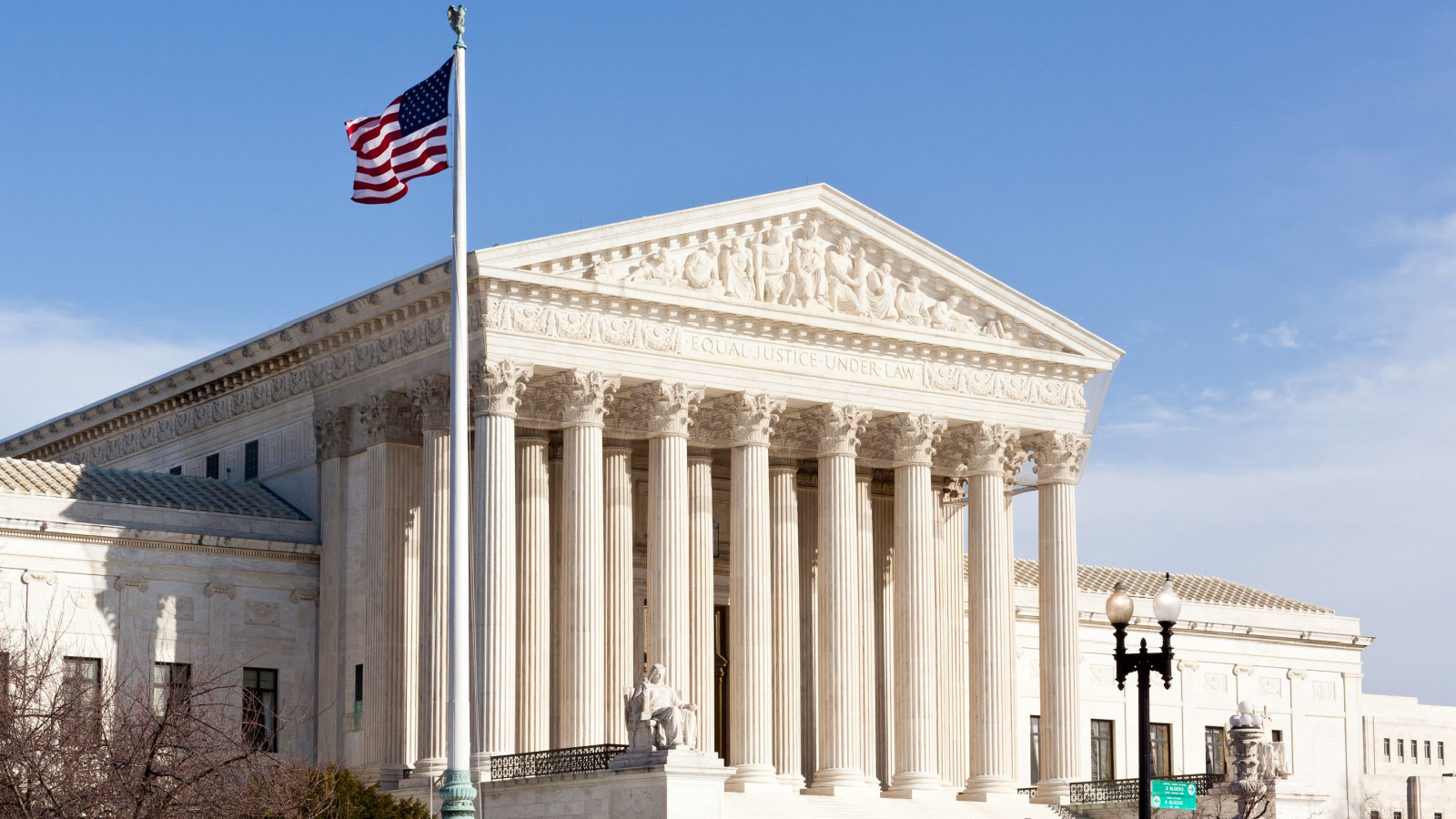
Justices with experience in the White House, such as Justice Elena Kagan and Justice Brett Kavanaugh, compared the government-platform interactions to those between the government and traditional media. They highlighted the routine nature of these communications, suggesting they should not be seen as problematic.
Free Speech Advocates’ Viewpoint

Free speech organizations are watching the case closely, hoping the Court will delineate a clear line between permissible government persuasion and unconstitutional coercion. They advocate for a balance that respects both the platforms’ and users’ speech rights and the government’s role in public discourse.
The Appellate Court’s Ruling

Previously, a panel from the 5th U.S. Circuit Court of Appeals sided with the states, suggesting the administration likely exerted unconstitutional pressure on the platforms. The panel restricted government officials from coercing or significantly encouraging content changes online.
The Supreme Court’s Interim Measures

The Supreme Court’s decision to take up the case followed a temporary halt to the 5th Circuit’s ruling. This move by the Supreme Court indicates the case’s significance and its potential impact on free speech and government interaction with social media.
Implications for Digital Free Speech
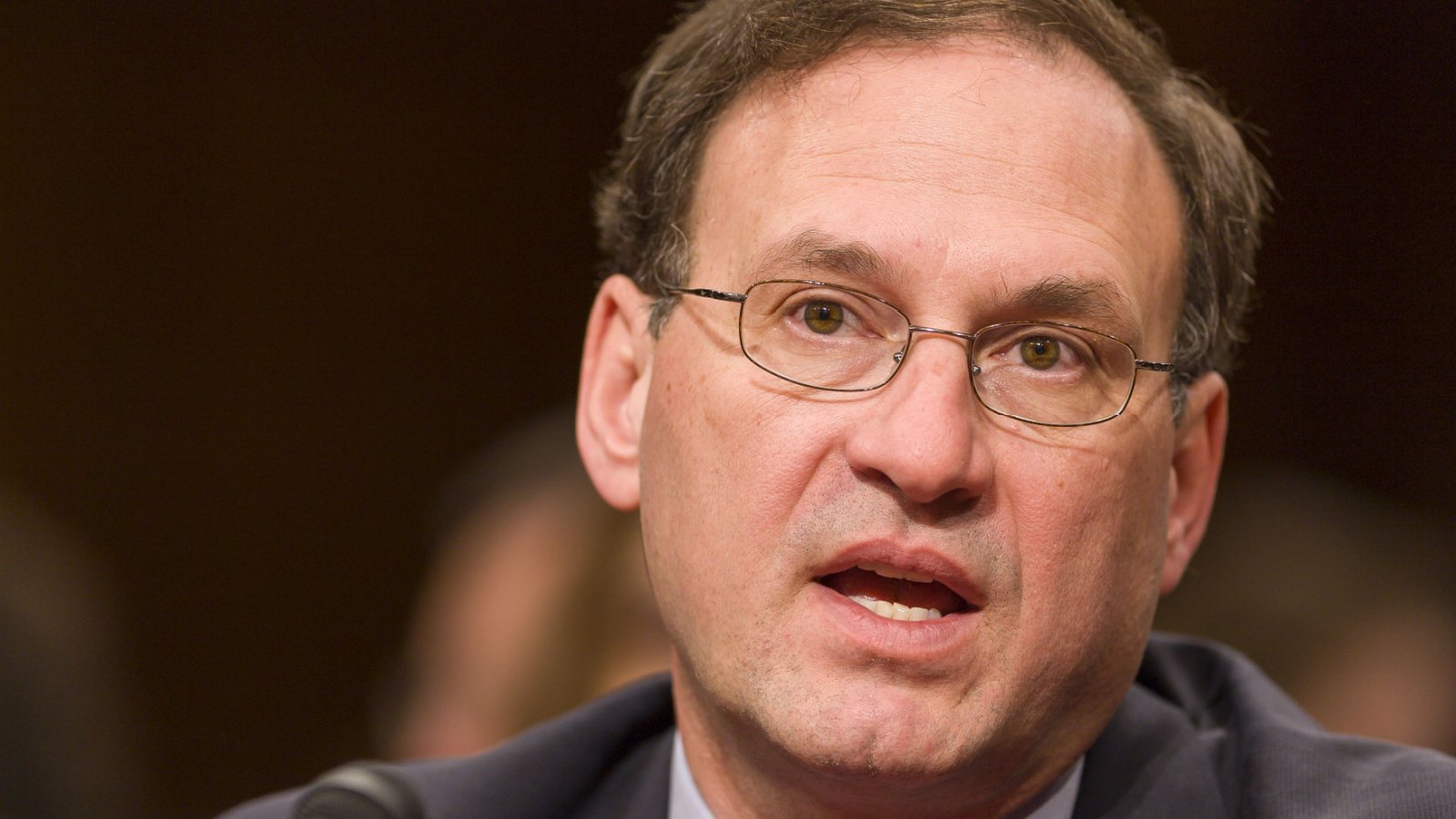
This case is one of several the Supreme Court is considering that affects social media companies and the broader context of free speech online. The outcomes of these cases could profoundly influence how public officials and government agencies interact with social media platforms.
Looking Ahead

As the legal community and the public await the Supreme Court’s decision, the potential consequences for digital communication and free speech principles loom large. The ruling could redefine the boundaries of acceptable government involvement in social media moderation.
Conclusion and Expectations

The Supreme Court’s decision in Murthy v. Missouri, expected by early summer, will likely have lasting implications for the balance between government oversight and free speech in the digital age. This case underscores the ongoing challenges and debates surrounding the regulation of online discourse in a constantly evolving digital landscape.



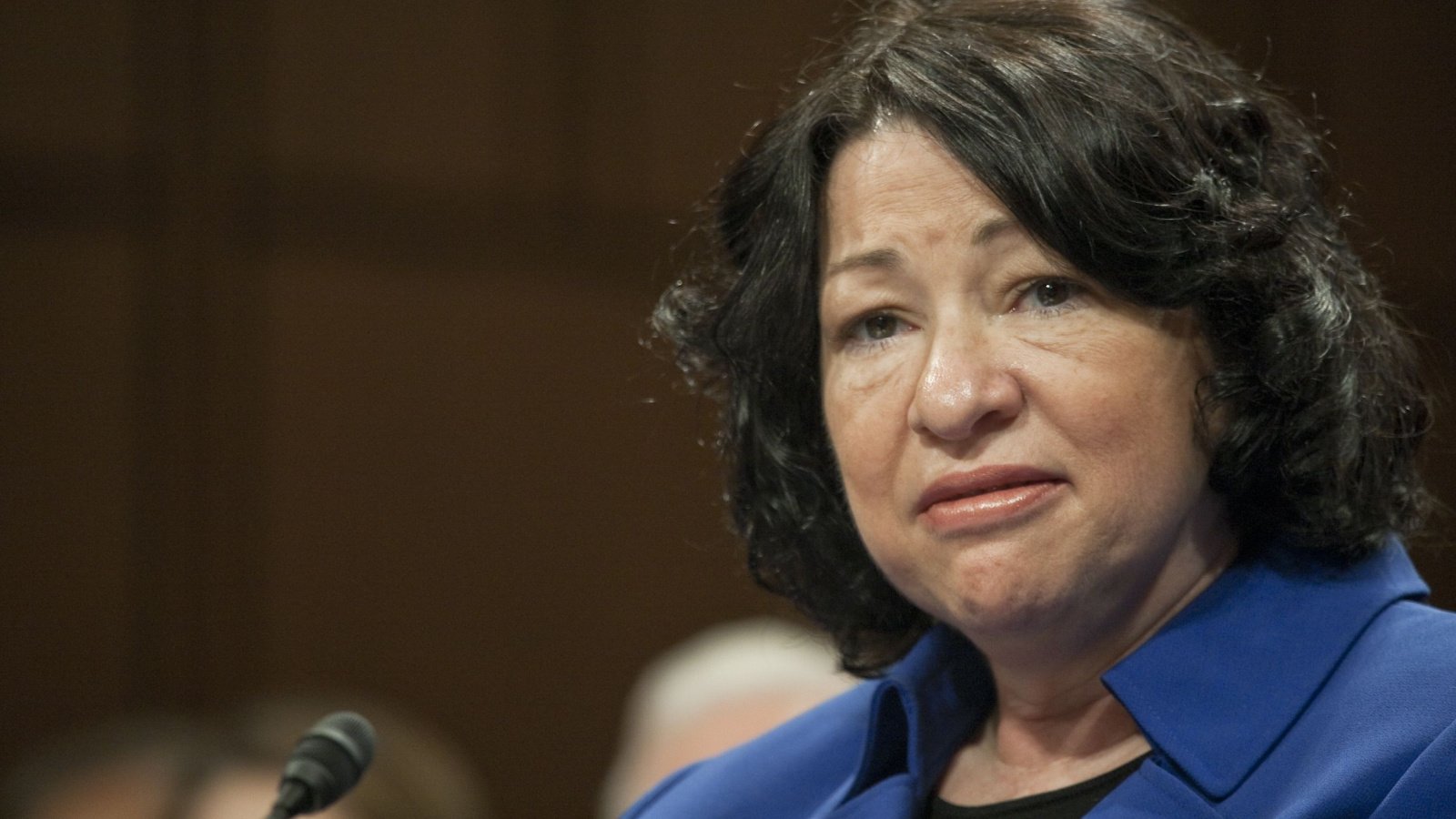

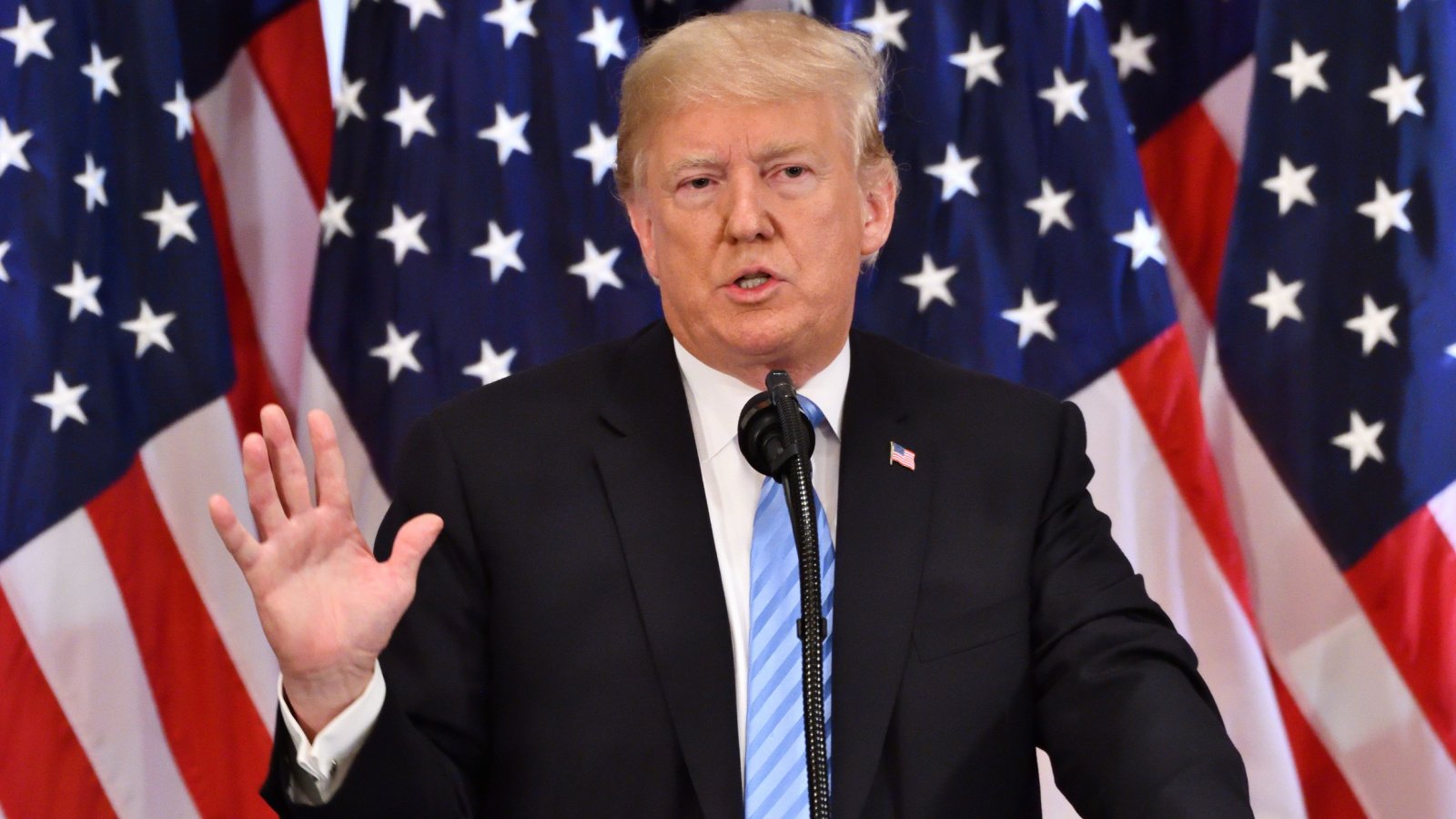
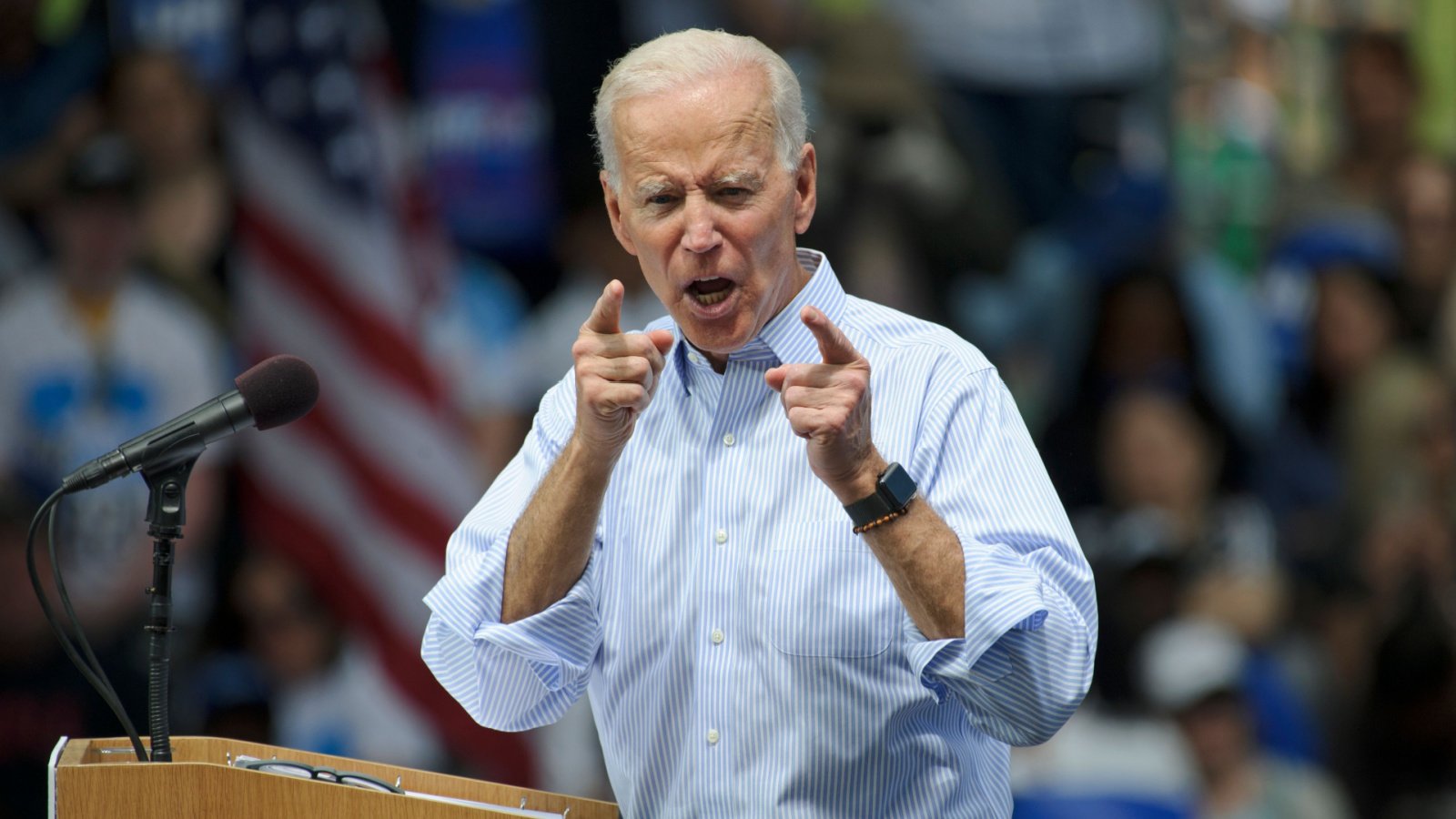
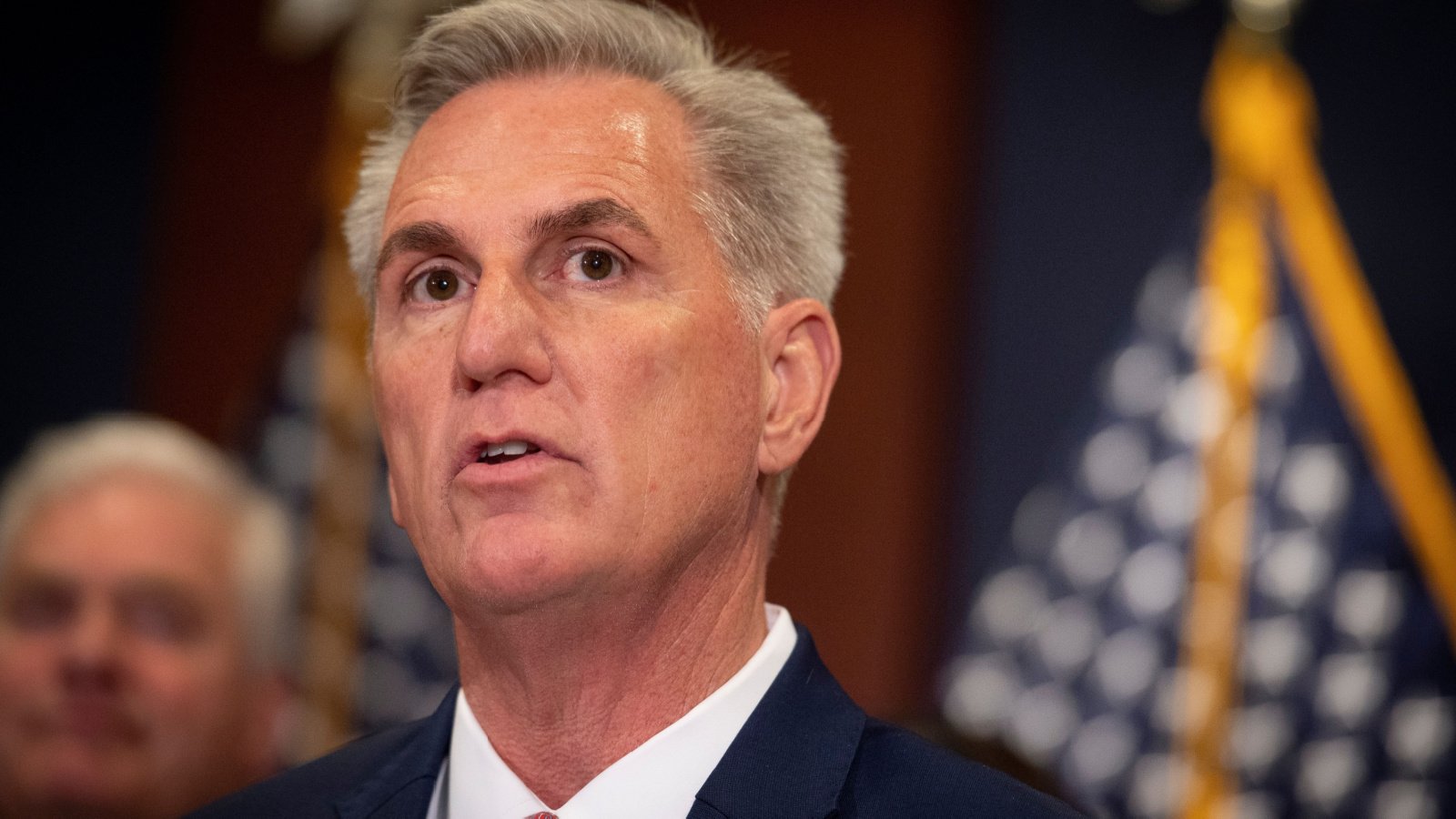

Awesome post! Join the fun at https://www.iwe-1whatsapp.com WhatsApp 网页版支持多个终端同时登录,让您自由切换使用设备。 . Date: 2026-01-14 19:10:50 (-03).